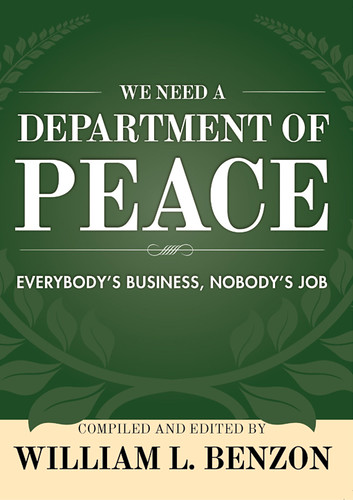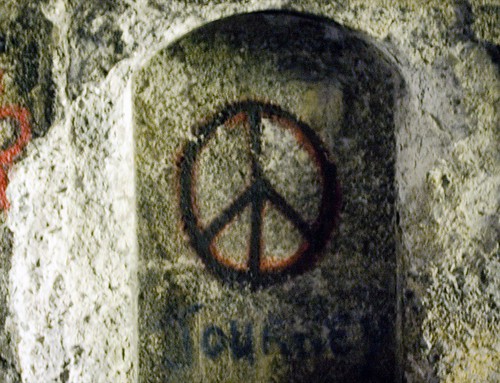There’s no doubt about it, North Korea has been a knotty challenge for American foreign policy, not¬–mind you–that I’m a fan of that foreign policy, which has long seemed, shall we say, excessively bellicose. Until quite recently President Trump simply amped up the aggression and seemed entirely too sanguine about the prospect of war with North Korea. Then, all of a sudden, Trump tells us that he’s accepted an overture from Kim Jong-un to talk about Korea’s nukes.
What? Just like that! That’s a good thing, no?
That’s what I felt for maybe a day. And then I began reading commentary by those more deeply informed in such matters than I am. These worthies were not at all encouraging. Quite the contrary, they’ve been rather discouraging and disparaging.
Forget about Trump’s many personal flaws – lack of impulse control, narcissism, megalomania, etc. (Not to mention his misogyny, though that doesn’t seem directly relevant in this matter.) It’s not that these aren’t issues, they are; but let’s just set them aside. Rather, this just isn’t how these things are done. The right way to do this is to have underlings and deputies has things out for months and even years, ironing out all the kinks, and only then bring in Trump and Kim at the very end. They do a bit of sniffing about, find that it’s all good, and sign on the dotted lines their deputies have drawn. Very cautious, very deliberate.
Besides, for Trump to agree to talks with Kim is to give away half the game, or more, at the very start. Regardless of what the talks produce, if they produce anything at all, Kim wins prestige and legitimation points both at home and abroad. But is that so bad? Who knows, maybe that would settle him down. And maybe not.
But the fact is, business as usual – which is what the worthies want – hasn’t been working all that well, has it?
* * * * *
Meanwhile, I’ve had one of those moments I seem to have been having every few weeks or months. It’s generally during the night when I’m neither fully awake or fully asleep. They don’t last long, a matter of minutes at most. And they’re difficult to characterize.
It’s as though my mind were trying to detach itself from my person and become Mind Itself and thereby grasp the World Whole, if that makes any sense. On the one hand the world is what it is and cannot be escaped. It is utterly necessary. And at the same time seems utterly contingent, as though it could easily have been otherwise. All we need is for that butterfly over China to flutter its wings and history is changed. But what if it’s nothing but butterflies all the way down?
There’s so much human diversity in the world, so many different ways of life, so many different individual life histories. Taken individually, one at a time, each in its socio-historical context, they seem fixed and determinate. But when you consider the differences, each seems utterly contingent and arbitrary.
What if we could circulate minds freely from one to another?
* * * * *
Does The Donald have such moments? What I’ve just said seems rather too abstract and too intellectual for him. If he has such moments, they wouldn’t manifest in such terms. They terms would be different.
Is that what was going on in his insistence that more people attended his inaugural day than any other? In his absurd insistence that the photographs of people on the Mall were FAKE NEWS? Sure, his narcissism, his need to assert his power by forcing his deputies to participate in his delusion. All that.
But beneath it all, was he attempting to find a bit of freedom?
Count me among those who believes he didn’t really want to win–noting that there are various ways one can interpret that. But he won and now THUD! he’s stuck with the job. He’s trapped–in the White House, with all these obscure and difficult responsibilities. His world is changed, utterly.
What’s he think he can do sitting across a table from Kim Jong-un? Two men, with nuclear arms between them, and the world on their shoulders. Is that how they wrestle with the Real?
* * * * *
If I were a religious man I’d be praying for them to find peace in a handclasp.
Tags: Kim Jong-un, North Korea, Trump, wlb, WLB CK




